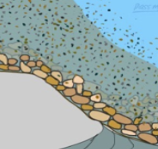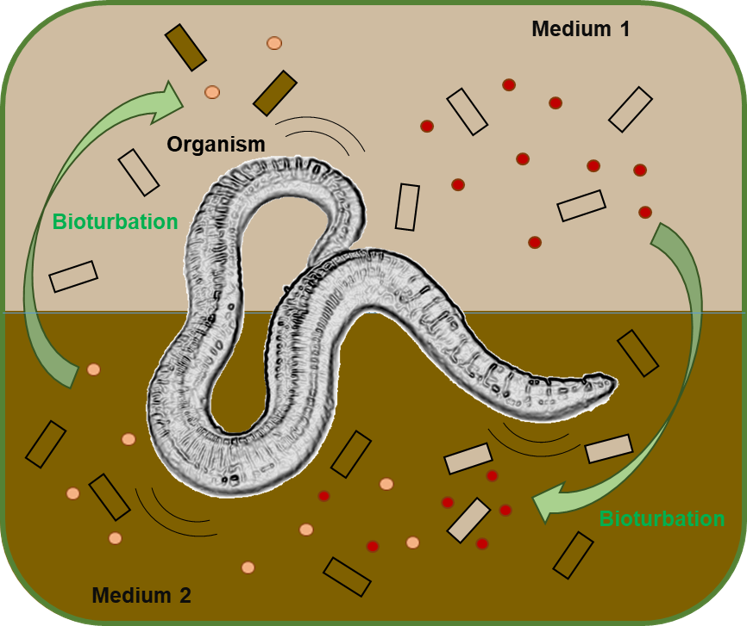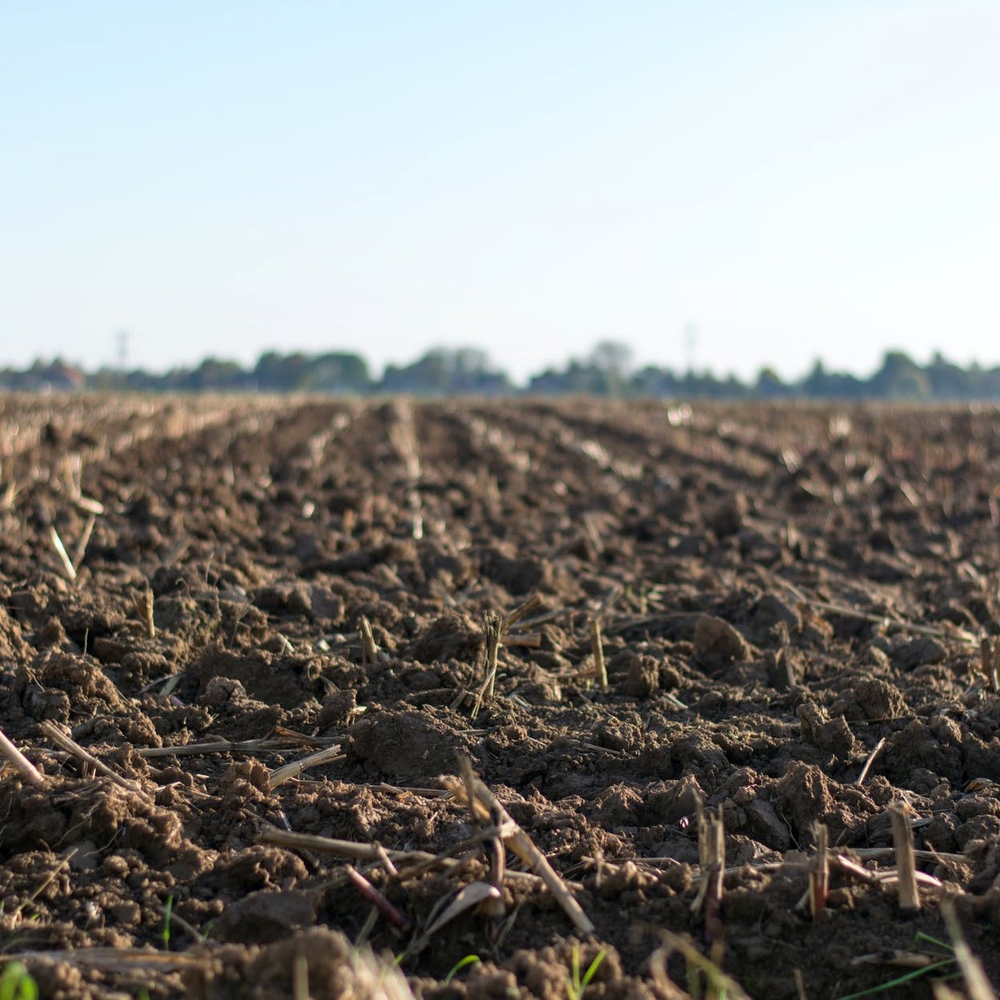Bioturbation
Bioturbation is the activity of organisms (mainly worm species) in soil and sediment that moves material in vertical direction (up or down). Earthworms for instance may bury nanomaterials (NMs) and derived materials, thereby possibly altering the environments conditioning the transformation and fate of NMs. In sediments, NMs may be transported to anoxic conditions, while in soils they may be transferred from unsaturated to saturated conditions. Furthermore, the potential horizontal movements of the NMs (through e.g. advection or bulk water flow) may also be altered by their vertical displacement.
|
|
Occurs in |
  |
|
| Biota Sediment | |
Fate descriptors |
Algorithms |
|
bioturbation rate |
|
|
|
|
|
|
| Bioturbation in the NanoFASE model | ||
Read more |
Read also |
|
Baccaro, M., Harrison, S., den Berg, H., Sloot, L., Hermans, D., Cornelis, G., van Gestel, C. A., van den Brink, N. W. (2019) Bioturbation of Ag2S-NPs in soil columns by earthworms. Environmental Pollution 252, A, September. doi.org/10.1016/j.envpol.2019.05.106 |
Contact
 Nico van den Brink
Nico van den Brink
Email: nico.vandenbrink@wur.nl

Marta Baccaro


